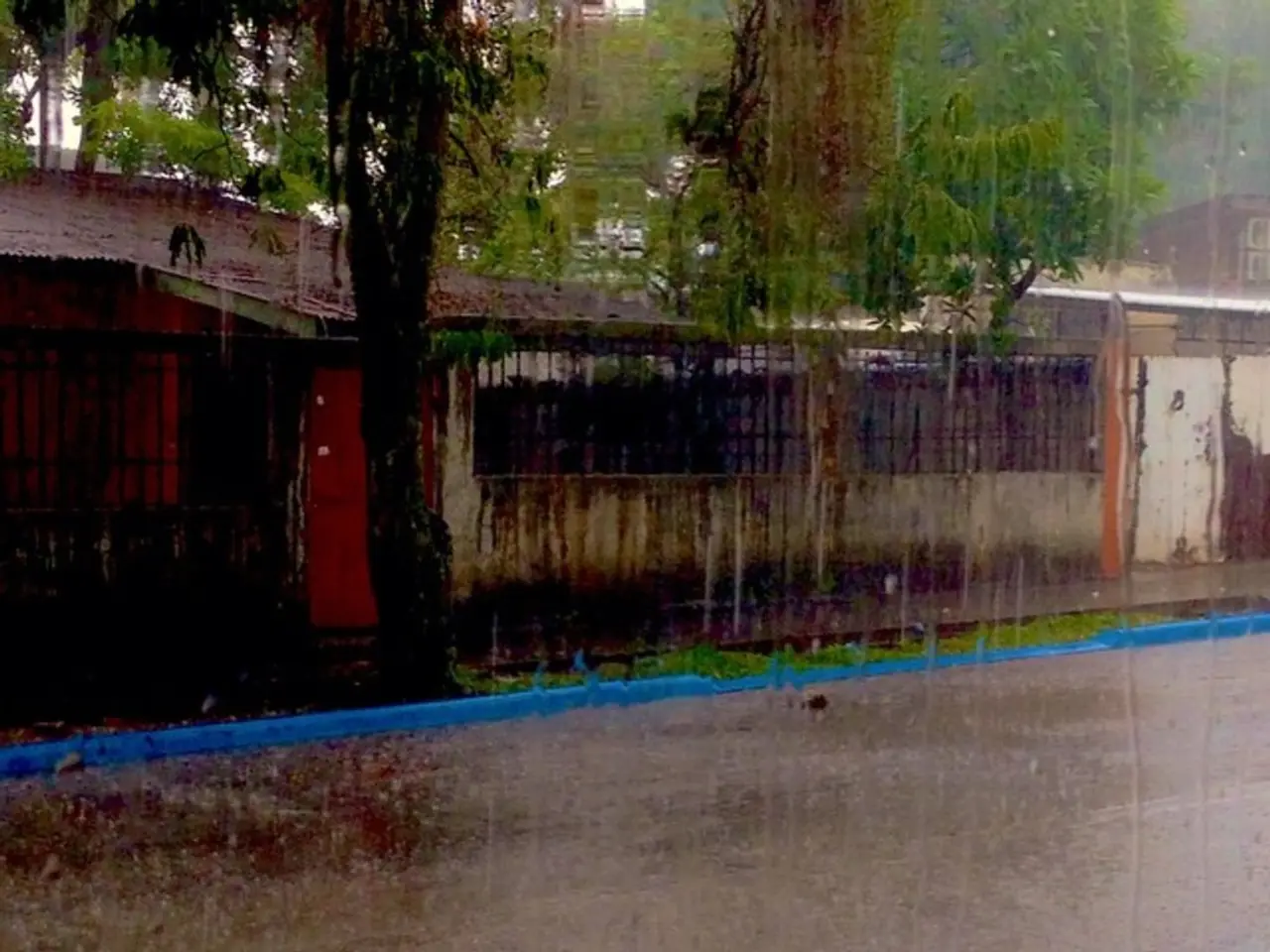War in the Middle East: Unraveling the Chaos
Countering Iran's Alleged "Terrorist Government" without Costs
Scrolling through the news, we came across Berlin's stance on Israel's attacks on Iran - a topic that's been buzzing lately. Thorsten Frei, the Chancellor's right-hand man, defends the support shown by Chancellor Friedrich Merz for Israel's actions. He emphasizes the importance of preventing a terrorist regime like the Iranian government from acquiring nuclear weapons.
But it's not merely about the bomb. According to Frei, the range of Iran's rocket technology puts Europe at risk too. Medium-range rockets can reach far-off targets, potentially threatening our backsyard.
Things got a bit heated when Merz referred to Israel's actions as the "dirty work" we all benefit from during the G7 summit. While the term may have originated from the reporter's question, Merz's words were met with criticism, particularly concerning his choice of words and support for the attacks.
Legal Murkiness, Yet Standing by Israel
Frei, when asked about the legality of the attacks, chose to remain neutral. " frankly, we're missing key pieces of information to make a solid legal assessment," he admitted. However, he did clarify that Israel felt threatened and acted accordingly, with the survival of that nation as the primary concern.
Germany, Frei emphasized, remains committed to ensuring Israel's defense, no matter the situation. This dedication to Israel's security has been a consistent policy of the federal government.
Arms Exports and the Lines of Ethics
The federal government has a history of approving arms exports to Israel, despite its volatile status as a crisis region. This exception to the rule is currently only applied to Ukraine. In the first five weeks of the new government, exports worth approximately four million euros have been approved. When compared to the first quarter of 2025, this figure is relatively low.
Frei argues that such comparisons are misleading. "You'd need to look at larger time frames to spot any patterns," he explained. Regardless, he insisted that the government's stance towards Israel hasn't shifted under the new administration.
The Diplomatic Approach
While Germany is navigating these challenging geopolitical waters, it remains firm in its commitment to diplomatic solutions. As we take a closer look at this tangled web, it's essential to remember that diplomacy might just be our key to untangling it all and preventing further chaos.
Sources:
- The European Union's approach towards regional conflicts tends to favor diplomatic solutions to avoid escalation.[1] However, specific details regarding Germany's stance on Israel's attacks on Iran or concerns about Iran's rocket technology are not outlined in the available information.
- The discussion about Germany's stance on 'war-and-conflicts' in the Middle East, specifically the encounters between Israel and Iran, has been a prominent point in 'general-news' as of late.
- Following the G7 summit, the legality of the Middle East conflicts and the role of 'politics' in influencing Germany's decisions remains a topic of interest and debate among diplomats, journalists, and the public.





